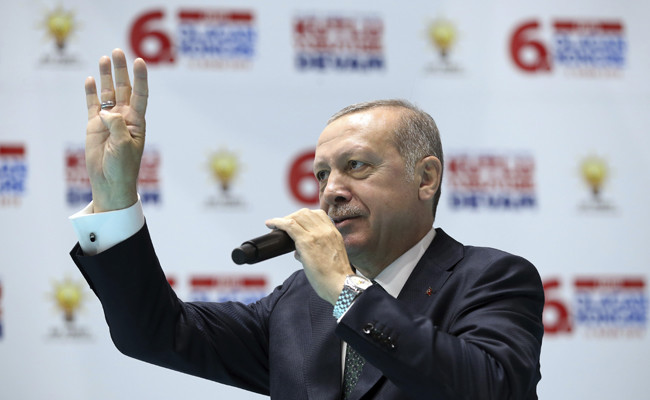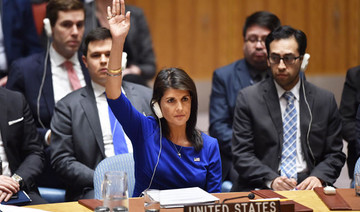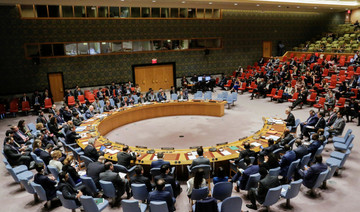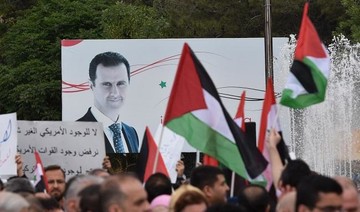ANKARA: The coalition strike against Syrian targets has made Turkey’s policy of balancing Russia and the Western powers more challenging.
Having welcomed the airstrikes, Turkey’s Foreign Ministry released a statement saying that Ankara considers the operation by the US, Britain and France to be an appropriate response.
“We welcome this operation which has eased humanity’s conscience in the face of the attack in Douma, largely suspected to have been carried out by the regime,” the statement said, adding that crimes involving the use of chemical weapons should not go unpunished.
Turkish Chief of the General Staff Hulusi Akar spoke to his US counterpart Jim Mattis before the strikes.
Turkish President Recep Tayyip Erdogan also welcomed the coalition’s air strikes in response to Assad’s “inhumane attacks.”
Galip Dalay, research director at Al-Sharq Forum in Istanbul, described Turkey’s response as “more of a moral reaction ... than a political reaction with practical consequences.”
“Under normal circumstances, Turkey would have supported any anti-Assad action wholeheartedly and would have sought to take part in it. Yet it isn’t sure of the US commitment as regards the regime change agenda,” he told Arab News.
Nevertheless, experts believe the airstrikes will not disrupt the Astana de-escalation process in Syria that was brokered last year between Ankara, Moscow and Tehran.
Dalay said Turkey seems reluctant to part ways with its Astana agreement partners over any action that would not have a dramatic impact on the regime’s hold of Syria.
Oytun Orhan, a Syria expert at Orsam, an Ankara-based think-tank, agreed. “Turkey will manage the situation diplomatically as long as the scope of the operation remains limited. If the conflict turns into one between the US on the one hand and Iran and Russia on the other, then it will become more difficult for Turkey to maintain this position. In such a case, Turkey will need to take a more clear stance,” he told Arab News.
According to Orhan, the current level of the operations is in Turkey’s interest by sending a message to Assad and Iran, creating pressure on them for a political settlement and counter-balancing Tehran.
Turkey’s Deputy Prime Minister, Bekir Bozdag, announced on Saturday that the Incirlik air base, which also holds US nuclear weapons, was not used in the airstrikes on Syria.



























